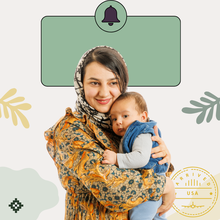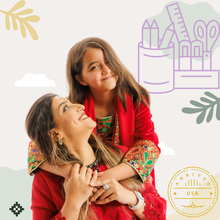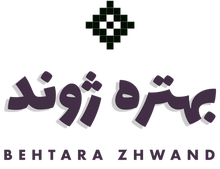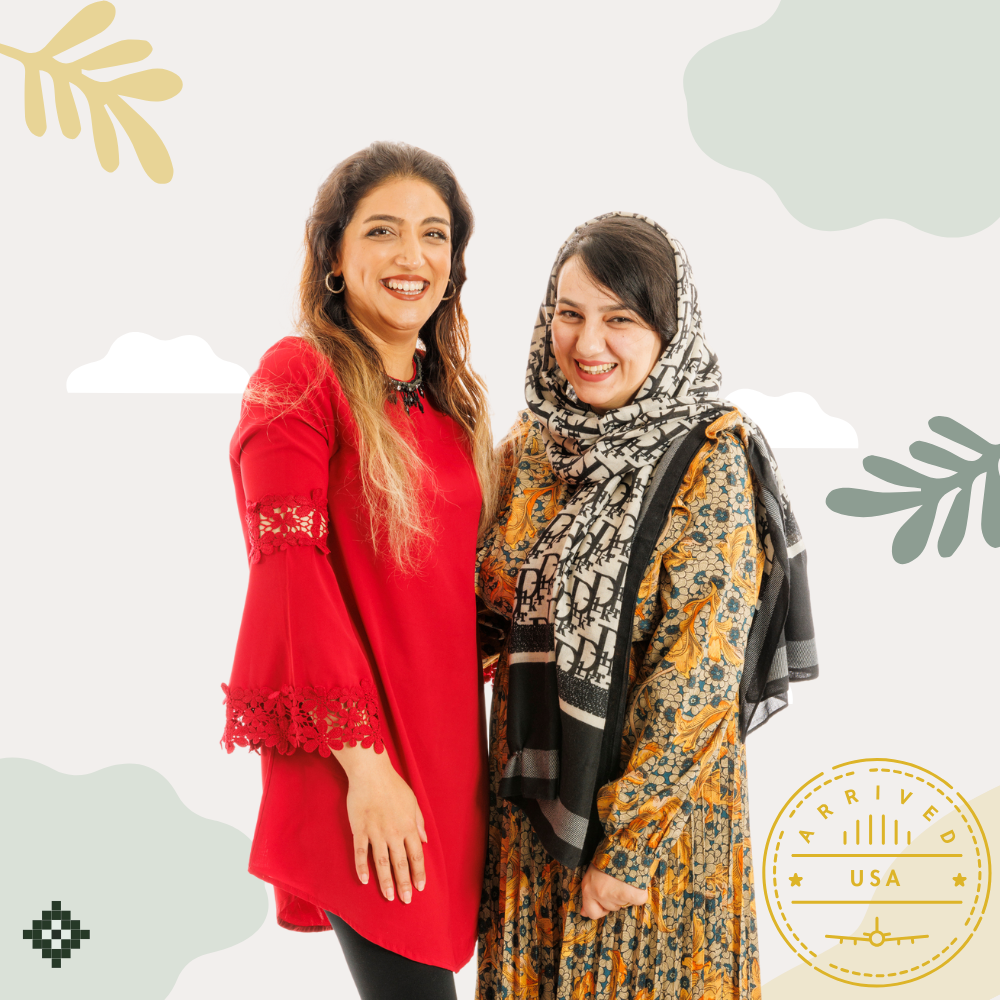Plan a workshop that is low-tech and high-trust
This planner consists of a set of checklists that any organization can use to spark thinking and account for the logistics ahead of hosting a workshop. This includes staffing roles, technology, budget, transportation, childcare, and more.
Planning ahead before you announce the first session will help you set yourself - and the mothers - up for success.
Below are the key types of roles needed to facilitate a support group. People may have more than one role. For example, the Facilitator(s) also play the role of Logistics, Recruiter, and Measurement and Evaluation.
Logistics
Ideal Characteristics:
- A detail-oriented individual who has experience planning and executing projects and programs
Recruiter
Ideal Characteristics:
- An individual who has trusted ties to the Afghan community and can reach out to people informing them about the Adjustment Support Group.
- Ideally, this person speaks either Dari or Pashto and can meet with or call potential participants or attend community events.
Measurement and Evaluation
Ideal Characteristics:
- An individual who will conduct the pre-session survey and the post-session survey, record data, and be able to analyze and report on the effectiveness of the group.
- Ideally, post-surveys would be administered by someone other than a facilitator for the most independent data.
Facilitator(s)
Ideal Characteristics:
- Two people who are comfortable speaking in groups on the subject matter.
- Ideally, they are from the Afghan community and speak either Dari or Pashto.
- The facilitators should have reviewed the curriculum thoroughly before delivering it and adjusted it as needed for their participant group.
Supervisor
- Supervisors should be experienced social workers or mental health professionals that can handle more complex situations that may arise from support group discussions.
- If the facilitators are from the Afghan community and have little mental health experience or knowledge, the supervisor should also offer training on the subject, help facilitators understand the curriculum, and provide weekly supportive supervision.
There are advantages and disadvantages to both in-person and online delivery to Afghan newcomers in the U.S. Below are considerations for deciding which format may be best for your context, as well as a quick checklist to help aid your decision-making.
In-Person
Transportation
Most Afghan newcomers, especially women, will have significant transportation barriers. Transportation needs can be addressed by bringing the group to the community within walking distance of many Afghan newcomers, providing free bus tickets, or utilizing shuttle vans, ride shares, or taxis if available. If women have young children or multiple children, this also needs to be considered in transportation, and age-appropriate car seats should be potentially supplied.
Childcare
Afghan newcomers with children may have childcare needs that must be addressed if lessons are held in person. This can be mitigated somewhat if in-person sessions are held during the school year and school hours, but this will still not address the needs of women with children who are not yet of school age.
Privacy
Only participants can hear what is said in sessions in in-person settings.
Technology
Eliminates the need for technology hardware, internet access, and digital literacy skills.
Online
Transportation
Eliminates transportation barriers.
Childcare
Eliminates the need for childcare; however, it can make it hard for participants, particularly women, to focus on the lessons or share openly if children are at home. If held online, it is best to hold groups during school months and school hours.
Privacy
There is more diminished privacy in online settings if other people are in the home during the session.
Technology
Participants must have a technology platform, internet access, and some digital skills.
There are three types of sessions that need to be scheduled for the group:
- A pre-session conducted over the phone with potential participants to gain informed consent and record an anonymous participant survey.
- Eight 90-minute sessions scheduled for the same time and day each week, except the last session which can be scheduled on a weekend day for friends and family to attend as a celebration.
- A post-session conducted over the phone with participants to compare with pre-session survey data and gauge participant satisfaction.
The Budget Checklist is a document that can help implementing organizations project out the cost of hosting Behtara Zhwand support groups. It can help you:
- Get a sense of what an individual workshop might cost.
- Get a sense of what you might need to fundraise to launch a workshop
- Fundraise for workshops by projecting out the impact the program might have.
Size of the Group
Ideal group size: 8-15 people, with smaller for online groups and larger for in-person groups.
If the group is too small, it may not have enough diverse opinions or interactions to keep the group engaging. If it is too big, not everyone will have a chance to speak and participate.
Types of Participants
Gender: The curriculum was not designed to be gender-specific and can apply to both, men and women. However, it was primarily Afghan women that participated in Behtara Zhwand groups and provided the feedback that shaped the curriculum.
Age: The curriculum can also be adapted for adolescents aged 14 and up. If so, providers should seek feedback from their target demographic and consultation from professionals experienced in adolescent mental health. Also consider additional factors, such as parental permissions.
Segregation: The curriculum can be delivered in mixed-gender groups, but for increased privacy and trust, groups are recommended to be segregated by gender.
Language Access
Dari or Pashto?
Both languages can be used to deliver the curriculum; however, delivery is more difficult when incorporating more than one language.
Use of Interpreters
Ideally, at least one facilitator should speak the same language as participants. But if using an interpreter, facilitators should be trained in how to work with interpreters. Session content may then need to be reduced to accommodate time needed for interpretation.
Materials Needed
The Afghan Adjustment Support Group is designed to be delivered with minimal amounts of materials.
- For in-person:
- Large, private space
- Printed pictures, culturally appropriate magazines, paper, scissors and glue sticks for vision board creation
- Transportation support (ie. bus tickets)
- Childminding options
- Optional:
- Flip chart / whiteboard
- Computer, projector, and wall / screen to project onto
- For online:
- Facilitators will need:
- Computer w/ audio and video capabilities
- Strong internet connection
- Video conferencing platform (ie. Zoom or Teams)
- Access and familiarity with vision board maker tool (ie. Canva)
- Vision board template
- Participants will need:
- Computer / tablet with audio and video capabilities
- Internet connection
- Video conferencing platform (ie. Zoom or Teams)
- Facilitators will need:
Practice
Try to have a full dress rehearsal the day before, including testing the audio/video, practicing the facilitation for each activity, and setting up any tables/chairs.
Reminders

Send reminders to your participants 1-2 days before the event, and a text reminder the morning of.
Supplies

Gather your materials 2-3 days beforehand, in case you need to print or purchase more.




